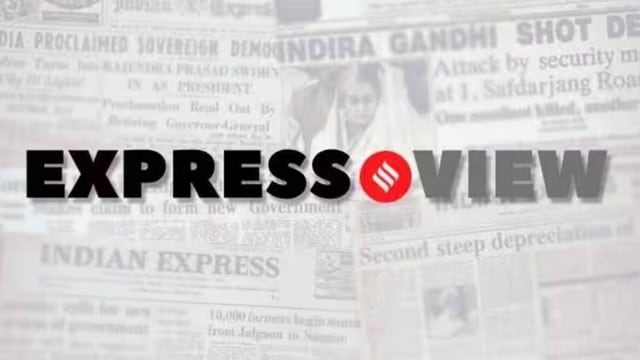
The national conversation around the abrogation of Article 370 in August 2019 and its aftermath has, by and large, centred on Jammu and Kashmir — how the state was made a Union Territory, the detention of political leaders, the move to elections, and the demand for restoration of statehood. The political story has unfolded somewhat differently in Ladakh. The region that was upbeat after moving out of Srinagar and Jammu’s shadow in 2019 is now rocked by protests. At least four people were killed and around 50 injured in Leh on Wednesday. A section of the youth among the protesters turned to vandalism and arson after leaders on hunger strike fainted and were hospitalised. The violence and arson, strongly condemnable, should not be allowed to overshadow the unique trajectory and the broader place Ladakh has in India’s national security and imagination. The lawbreakers have to face due process but the “crackdown” needs a strong caveat: the Centre should speak to the protesters and, more importantly, listen to them.
Ladakh is one of India’s most important frontiers, bordering Pakistan and China. In war and peace, its people have stood steadfastly by the country, often as the first line of defence and intelligence gathering. In the current moment, when passions are high, the protesters’ demands are all within the Constitutional framework. Some political actors and organisations of various persuasions may have tapped into this sentiment and echoed the protesters, as is the case in any democracy. That is no reason to unleash a troll army to demonise the protesters as “anti-Indian”, or architects of a grand conspiracy. New Delhi and Leh are on the same side, both need to work to get on the same page. The vitriol must stop before it vitiates the atmosphere further. Too much is at stake.